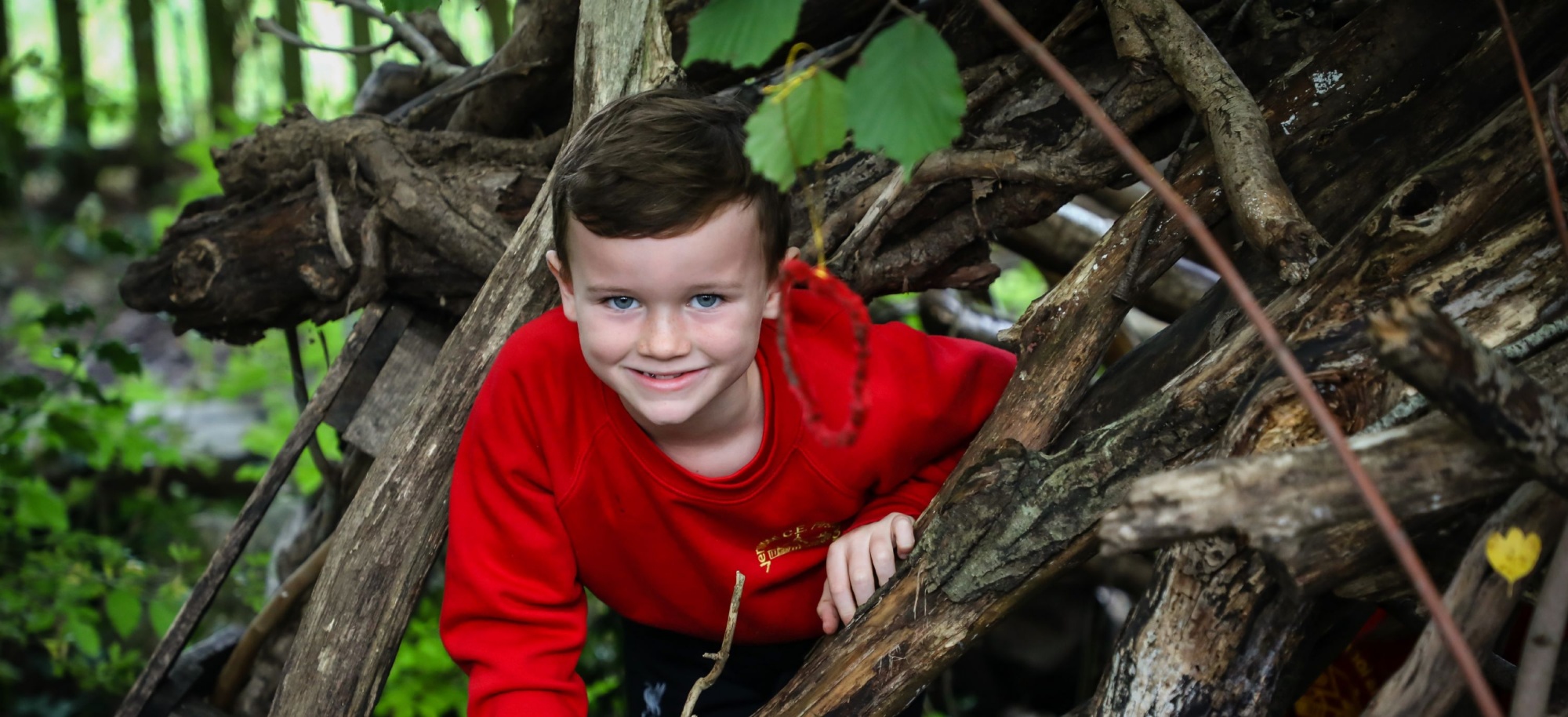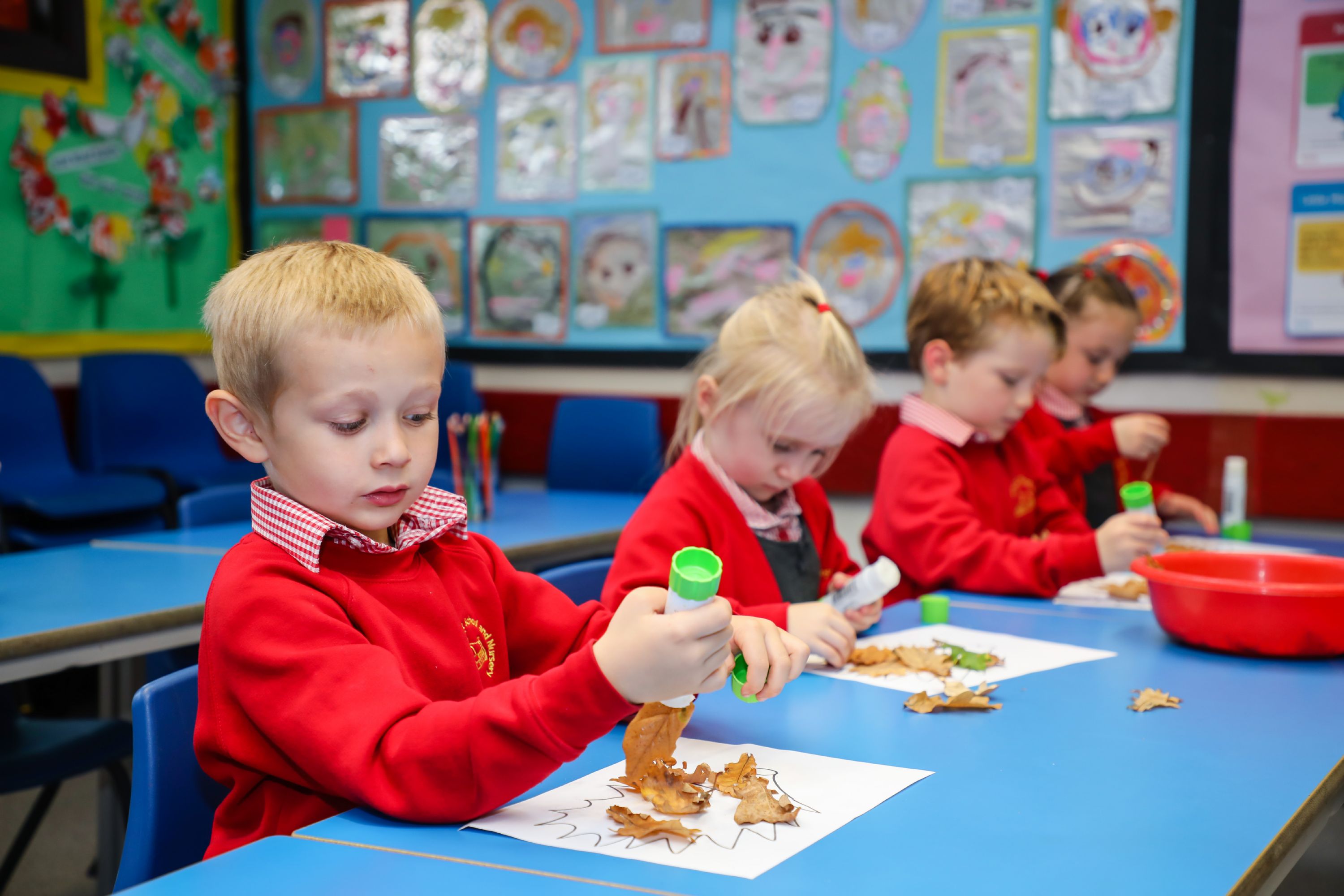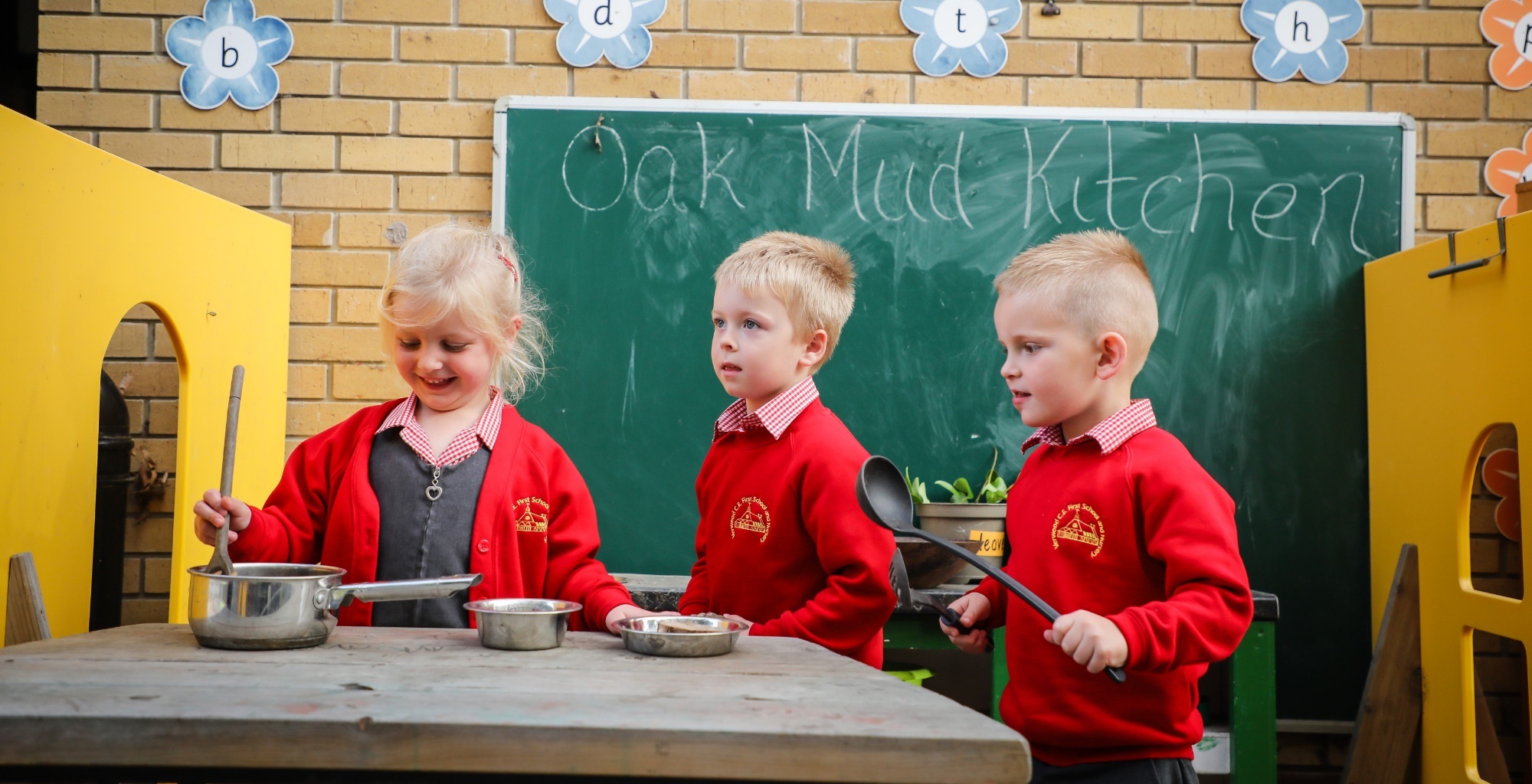History
History Curriculum Statement
Intent
At Verwood C of E First School and Nursery, it is our aim to instil a love of History in all our children. We study history to give children understanding about the past, so that they can better understand the present and have a positive impact in the future. We encourage them to question and analyse, and think about motives. They develop critical thinking skills, so they can start to see the difference between ‘fact’ and subjectivity.
Implementation
Topics are informed by the national curriculum and are sensitive to children’s interests, as well as the context of the local area. The history curriculum at Verwood C of E First is carefully planned and structured to ensure that current learning is linked to previous learning and that the school’s approaches are informed by current pedagogy.
Our creative topic approach to teaching the curriculum ensures that History often provides the basis of many of our topics. The key knowledge and skills that children acquire and develop throughout each history unit have been mapped to ensure progression between year groups throughout the school. The history curriculum places much emphasis on the big picture of history, chronological understanding and making sense of how it all fits together. Children are provided with opportunities to evaluate both change and progress from one historical period to another and to build on previous knowledge and understanding as they tackle more complex content.
At the beginning of each new history topic, teachers refer to timelines to develop children’s understanding of chronology. Each topic is introduced with reference to the chronology of previous topics (including those from previous years). We use immersion days at the beginning of each topic to check existing knowledge and this process ensures that our teaching is responsive to children’s needs. At key points throughout the topic, key knowledge is reviewed by the children and rigorously checked and consolidated by the teacher. Consistent learning walls in every classroom provide constant scaffolding for children. Tier three subject specific vocabulary is displayed on the learning wall along with questions. Curriculum quizzes/exit questions are used to review learning and check that children know more and remember more. Where appropriate, we make cross-curricular links, so that learning is repeated in several contexts and children are given opportunities to recall knowledge and skills, strengthening their long-term memory.
The children will be provided with many exciting opportunities to learn about the continuities and changes between periods and how the past influences the present. Learning becomes progressively more challenging throughout the children’s journey with us, both in terms of the complexity of the subject knowledge we want our children to acquire and also the critical thinking skills we support them to utilise to ensure they understand the significance of that knowledge. As children develop a chronological framework for their knowledge of significant events and people, they will recognise the diversity of human experience and understand more about themselves as individuals and members of society.
Learning and teaching in history is interactive and practical, allowing opportunities for children to work independently, in pairs and also in groups of various sizes both inside and outside the classroom. Wherever possible we provide our children with historical evidence including narratives, paintings, photographs, artefacts, and data to analyse and from which to reach conclusions and make judgements. We provide varied and differentiated ways for children to record the outcomes of their learning including the use of PowerPoint, annotated diagrams, improvised drama and the application of a wide range of writing genres. Only in this way, will knowledge become embedded and ‘sticky’ and ensure that our children can build on what they know and understand from one year to the next.
History forms an integral and statutory element of a pupil’s entitlement to learning and at our school we ensure that all pupils can engage with historical learning and develop as young historians. The history curriculum is designed to ensure appropriate diversity in the significant figures that children learn about. Teachers cater for the varying needs of all learners, differentiating activities where necessary and as appropriate, and ensuring an appropriate level of challenge. Mutual respect and the fostering of empathy and community understanding at local, regional, national and global scales lies at the heart of the study of History and at our school we model this in terms of the inclusive nature of the learning and teaching we provide. Outcomes of work are regularly monitored to ensure that they reflect a sound understanding of the key identified knowledge.
The Early Years Foundation Stage (EYFS) follows the DFE Statutory Framework which aims for all children in reception to have an ‘Understanding of the World; people and communities, the world and technology’ by the end of the academic year. Children will learn through experiences that introduce the concept of time and change.
Impact
Through the high quality first teaching of history taking place we will see the impact of the subject in different ways.
Pupil voice shows that children are confident and able to talk about what they have learnt in history using subject specific vocabulary. Dialogue with children also demonstrates that they enjoy history and are able to recall their learning over time. Outcomes in topic and literacy books evidence a broad and balanced history curriculum and demonstrate the children’s acquisition of identified key knowledge. Learning is of good quality and demonstrates pupils are acquiring knowledge, skills and vocabulary in an appropriate sequence. As historians, children will learn lessons from history to influence the decisions they make in their lives in the future. Assessments and monitoring will show standards in history will be high and will match standards in other subject areas.







